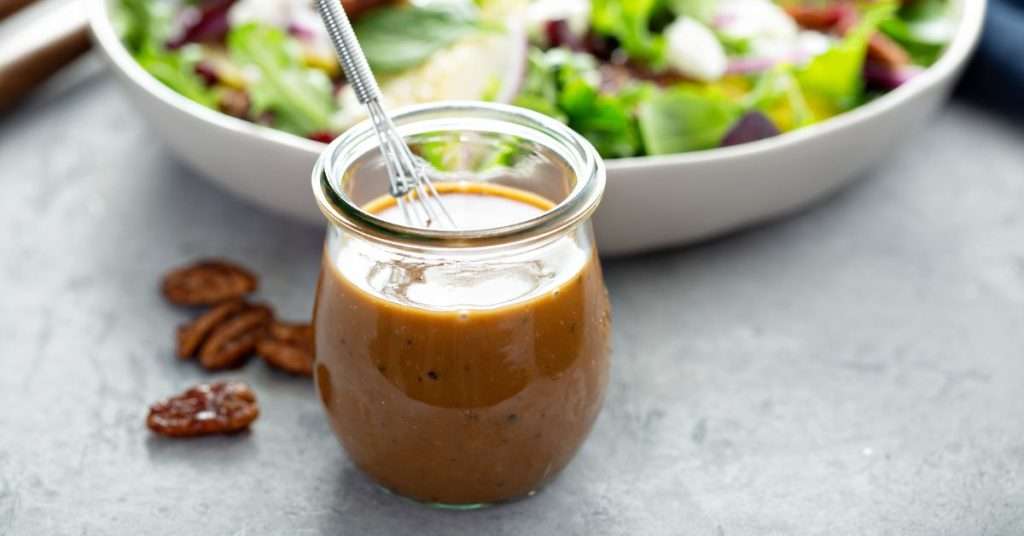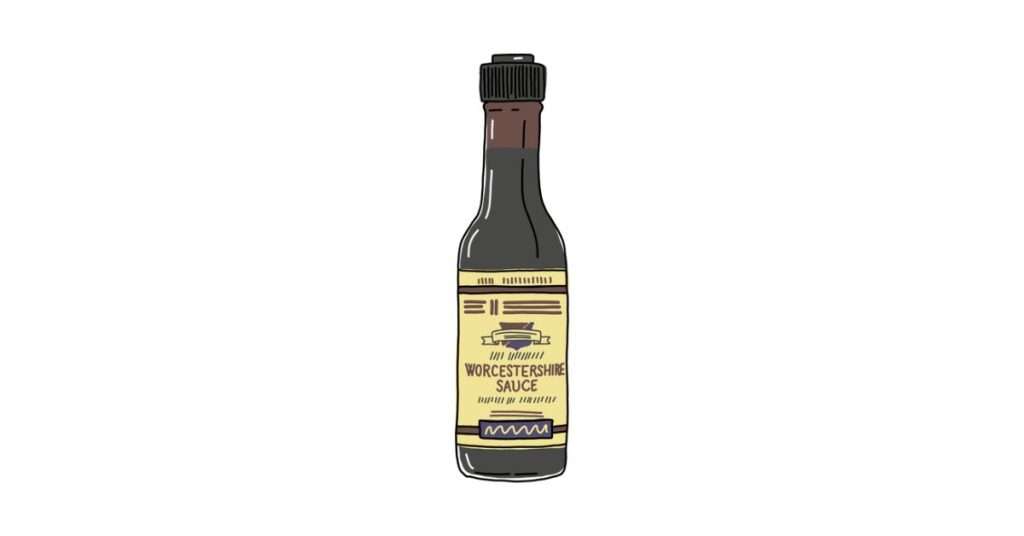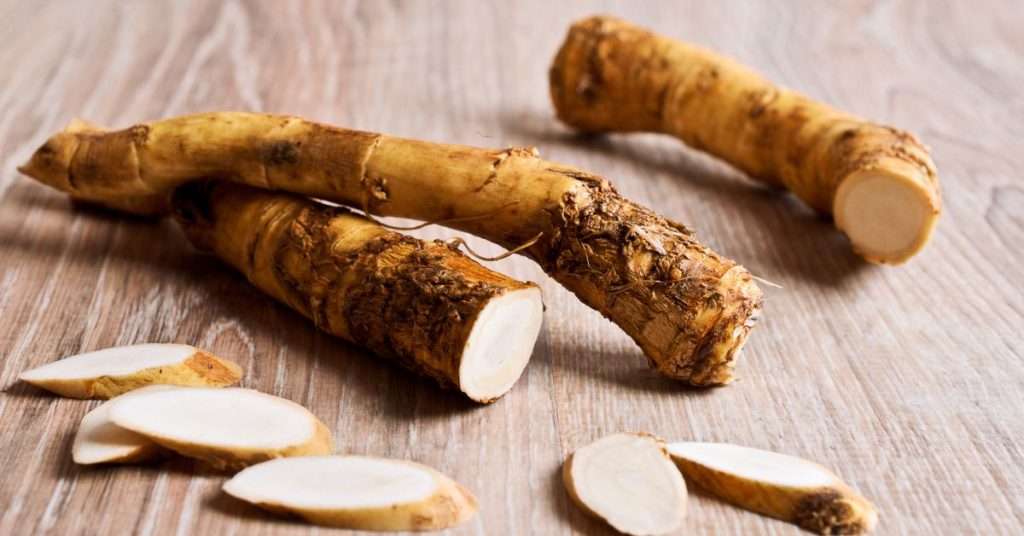Top 10 Condiments and Sauces Dogs Should Not Eat!

Welcome to our comprehensive guide on the top 10 condiments and sauces that dogs should not eat. As a new dog owner or a concerned pet parent, it’s crucial to be aware of the potential risks certain condiments pose to your furry friend’s health. In this article, we will delve into the reasons why these condiments and sauces can be harmful to your dog, explore the specific dangers they pose, and provide safe alternatives for your canine companion. Let’s get started!
Why Are Certain Condiments or Sauces Harmful to Dogs?
Before we dive into the list, let’s understand why some condiments or sauces can be dangerous for dogs. Dogs have different digestive systems compared to humans. They have different nutritional needs and their bodies may not tolerate certain ingredients found in condiments. Some ingredients that are safe for humans can be down right toxic for dogs to consume. Here are the key reasons why you should exercise caution:
- High Salt Content: Dogs are more sensitive to salt than humans. When a dog consumes excessive salt, it can lead to kidney problems, electrolytic imbalance and dehydration in dogs.
- Harmful spices and seasonings: Many condiments contain spices and seasonings that can cause gastrointestinal distress, such as upset stomach, diarrhea, or even allergic reactions in dogs.
- Toxic ingredients: Some condiments contain ingredients like onions and garlic, which can be toxic to dogs. In large enough quantities they can cause anemia which is damage to the dogs red blood cells. This condition can be fatal if left untreated.
All of the above reasons are why we made this list of condiments and sauces dogs should not eat.
The Top 10 Condiments and Sauces Dogs Should Not Eat
1. Ketchup

Ketchup may actually be the most common condiment in households in the USA, but it’s best to keep it away from your dog. Most ketchup brands contain high amounts of sugar and salt, which can lead to health issues like obesity and kidney problems in dogs.
You might be wondering Is ketchup toxic to dogs or can dogs die from ketchup? Ketchup is not toxic to dogs, but it doesn’t offer them any nutritional benefits. In fact, ketchup can be bad for dogs teeth and stomach. So, if you’re thinking about giving your dog a little ketchup, it’s best to skip it. They’ll be much better off with a healthy snack like some carrots or apples.
2. Mustard

While mustard might add a tangy flavor to your dishes, it’s not suitable for dogs. Mustard contains ingredients like onions, garlic, and even spices that can irritate your dog’s stomach and potentially cause digestive problems. Mustard seeds are also toxic for dogs to eat.
3. BBQ Sauce

The sweet and smoky taste of BBQ sauce may be tempting, but it’s important to keep it out of your dog’s reach. BBQ sauces often contain high sugar and salt content, which can lead to weight gain, organ damage, and electrolyte imbalances in dogs.
4. Soy Sauce

Soy sauce is a staple in many Asian cuisines, but it’s high in sodium, making it unsuitable for dogs. Excessive sodium intake can lead to sodium toxicity, resulting in symptoms like increased thirst, vomiting, diarrhea, and even seizures in dogs.
5. Hot Sauce

Hot sauce adds spice and heat to dishes, but dogs cannot handle spicy condiments like humans can. Spicy foods can cause stomach upset, diarrhea, and discomfort in dogs, so it’s best to keep hot sauce away from your furry friend.
6. Mayonnaise

Mayonnaise is high in fat, which can lead to obesity and pancreatitis in dogs. Additionally, some store-bought mayonnaise brands may contain ingredients like garlic or onion powder, which are harmful to dogs.
7. Salad Dressings

Salad dressings often contain ingredients like onions, garlic, and spices that are toxic to dogs. Additionally, some dressings may be high in fat and sodium, which can contribute to weight gain and other health issues in dogs. For the most part it is best to avoid any salad dressing since they offer very little benefit to the dog. Dressing such as Thousand Island, Ranch and any other creamy dressings should be avoided. Some salad dressings are considered toxic to dogs.
8. Worcestershire Sauce

Worcestershire sauce typically contains ingredients like garlic and onions, which are toxic to dogs. The consumption of Worcestershire sauce can lead to gastrointestinal problems and potentially damage your dog’s red blood cells. In addition to those alliums, it also contains an excessive amount of salts.
9. Horseradish

The strong and pungent flavor of horseradish may not sit well with your dog’s delicate digestive system. Horseradish can cause gastrointestinal upset, including stomach pain, diarrhea, and vomiting. Avoid feeding your dog this spicy vegetable.
10. Tartar Sauce

Dogs should not be given Tartar sauce as part of its normal diet. Tartar sauce is high in fat and often contains ingredients like onions and garlic, which can be harmful to dogs. The consumption of tartar sauce can contribute to obesity and gastrointestinal issues in dogs.
Safe Alternatives and Tips for Dog-Friendly Condiments
While it’s important to avoid the condiments and sauces dogs should not eat mentioned above, you might still be wondering are any condiments safe for dogs?. Here are some dog-friendly condiments and tips to keep in mind:
- Plain yogurt: Plain yogurt is a healthy and safe option that can add flavor and probiotics to your dog’s meals.
- Pumpkin puree: Pumpkin is a nutritious and digestion-friendly condiment that can be a tasty addition to your dog’s food. Pumpkin puree is also a great supplement to give a dog that is dealing with constipation.
- Fresh herbs: Fresh herbs like parsley, basil, and mint can provide natural flavor without the harmful effects of spices or seasonings.
- Homemade broth: Prepare a homemade broth using dog-friendly ingredients like lean meat, vegetables, and water to add a savory taste to your dog’s meals.
- Sweet Potatoes: Sweet Potatoes contain many nutrients and are also digestion friendly like pumpkin due to its high fiber content.
It is vital to be mindful of what your dog consumes, allowing your dog to eat a condiment or sauce can have negative consequences. The 10 condiments and sauces dogs should not eat mentioned in this guide should be avoided due to the potential risks they pose to dogs. By understanding the dangers and opting for safe alternatives, you can ensure your dog’s well-being and provide them with a healthy and enjoyable dining experience. Remember, when in doubt, always consult your veterinarian for guidance tailored to your dog’s individual needs. Happy and safe dining for your beloved canine companion!
Note: Always conduct additional research and consult with professionals for accurate and up-to-date information regarding your dog’s dietary needs and restrictions.
What should I do if my dog accidentally ingests condiments?
- Stay calm: It’s important to remain calm and avoid panicking, this will enable you to complete the next steps with ease. Remember, accidents happen, and staying composed will help you handle the situation more effectively.
- Assess the situation: Determine the type and amount of condiment your dog has consumed. This information will be helpful when seeking guidance from a veterinarian. If it is only a small amount, the dog should be ok with some exceptions.
- Check the ingredients: Some condiments may contain harmful ingredients like onions, garlic, or certain spices that can be toxic to dogs. Look for any potential harmful components in the condiment your dog ingested. The most deadly of them is xylitol. IT does not take a large amount of this toxin to harm your dog.
- Contact your veterinarian: Reach out to your veterinarian and describe the situation. They will provide specific advice based on the type of condiment and the size and health condition of your dog. You may also be able to get advice from veterinarians online.
- Follow professional advice: Your veterinarian may instruct you to induce vomiting if the ingestion occurred recently. Never induce vomiting without proper guidance from a veterinary professional. For tips on inducing vomiting please see out related post.
- Observe your dog: Keep a close eye on your dog’s behavior and monitor for any signs of discomfort, vomiting, diarrhea, or other unusual symptoms. Note any changes and report them to your veterinarian.
- Provide fresh water: Ensure your dog has access to fresh water to drink. This can help dilute any potential adverse effects of the condiment and prevent dehydration. Be sure the water bowl is clean and has fresh cool water in it.
- Adjust their diet: Depending on the severity of the ingestion, your veterinarian may recommend modifying your dog’s diet temporarily or prescribing specific foods to aid in digestion and recovery. Most likely they will recommend you use a bland diet for a few days before switching back to normal food.
- Prevent future incidents: Take measures to prevent your dog from accessing condiments or any harmful substances in the future. Store condiments securely and be mindful of where you keep them.
Remember, professional guidance from your veterinarian is crucial in these situations. They will provide tailored advice based on your dog’s individual circumstances.
Can dogs eat food with condiments or sauces?
With that being said, if your dog accidentally consumed some condiments, be sure it did not contain any known toxins. If it contains anything on the not safe list, contact your veterinarian immediately to see what should be done to help your dog survive.
Are any condiments or sauces safe for dogs?
Plain, unsalted peanut butter: Peanut butter can be a tasty treat for dogs, but make sure it doesn’t contain xylitol, a sweetener that is toxic to dogs. Check the label and opt for natural peanut butter without added salt or sugar. We use peanut butter all the time if we need to get our German Shepheard Clove to take any pills.
Plain yogurt: Plain, unsweetened yogurt can be a healthy option for dogs. It contains probiotics and can aid in digestion. However, some dogs may be lactose intolerant, so it’s important to monitor their reaction and introduce it in small quantities.
Lean meats: While not technically a condiment, lean meats like cooked chicken, turkey, or beef can be added to your dog’s meal as a flavorful addition. Avoid using any seasonings, spices, or sauces that may be harmful to dogs.
It’s important to note that even safe condiments should be used sparingly as occasional treats or additions to your dog’s regular diet. Always introduce new foods gradually and monitor your dog for any adverse reactions. If you’re unsure about the safety of a specific condiment, it’s best to consult with your veterinarian before offering it to your dog.
Is ketchup toxic to dogs?
While a small lick or taste of ketchup is unlikely to cause harm, it’s best to avoid regularly feeding ketchup to your dog. The high salt and sugar content in ketchup can contribute to obesity, dental issues, and other health problems in dogs. Additionally, onion and garlic, even in powdered form, can be toxic to dogs in larger amounts.
What are the risks of dogs eating salsa?
Onions and garlic, in particular, can lead to a condition called hemolytic anemia, causing damage to the red blood cells. Spices and tomatoes may cause gastrointestinal upset, including stomach pain, diarrhea, and vomiting. Additionally, salsa often contains high levels of sodium, which can be detrimental to a dog’s cardiovascular health.
Therefore, it is best to avoid feeding salsa to dogs and seek veterinary advice if accidental ingestion occurs to ensure the well-being of your furry companion.
Summary:
- There are many condiments and sauces dogs should not eat. They all can have varying degree of negative side effects
- It is best to avoid any condiments that are not specifically designed to be fed to dogs
- Please visit our homepage for more recent posts – Candogseat.co



